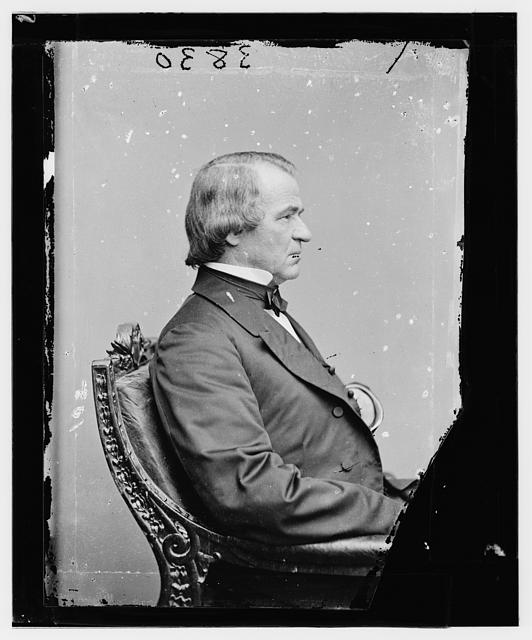The impeachment of President Andrew Johnson was fraught with political tension and constitutional debate. As the first impeachment of a U.S. president, it offers a rich tapestry of lessons that resonate even in today’s tumultuous political landscape. To understand its significance, we must delve into the historical context, the charges brought against Johnson, and the enduring implications for the balance of power between the executive and legislative branches.
Historical Context
The impeachment of President Andrew Johnson unfolded in the wake of the Civil War, a period marked by profound social, political, and economic upheaval. With the assassination of Abraham Lincoln in 1865, Johnson, a former Democrat from Tennessee, ascended to the presidency at a time when the nation grappled with the complexities of Reconstruction. His approach to rebuilding the South and reconciling the nation’s fractured identity would shape the course of American history.
Charges and Controversies
The impeachment proceedings against Johnson stemmed primarily from his clashes with the Republican-dominated Congress over Reconstruction policies. The central point of contention was the Tenure of Office Act, passed by Congress in 1867 to limit the president’s power to remove certain officeholders without Senate approval. Johnson’s defiance of this law, culminating in the dismissal of Secretary of War Edwin M. Stanton, served as the catalyst for his impeachment.
The House of Representatives, acting on the premise of Johnson’s alleged “high crimes and misdemeanors,” impeached him on eleven articles, most of which revolved around his violation of the Tenure of Office Act. However, beneath the surface legalities lay deeper political tensions. Johnson’s steadfast resistance to Congressional Reconstruction efforts, his refusal to compromise, and his inflammatory rhetoric exacerbated divisions within the nation and fueled the flames of partisan animosity.
Trial and Acquittal
The Senate trial that followed the impeachment was a dramatic spectacle, with Johnson’s fate hanging in the balance. The proceedings showcased the clash between presidential authority and legislative oversight, testing the limits of the Constitution’s checks and balances. In the end, Johnson narrowly escaped conviction, falling short of the required two-thirds majority by a single vote. His acquittal, while a personal victory, did little to heal the wounds of a nation still reeling from the scars of war.
Lessons for Modern Politics
The impeachment of President Andrew Johnson offers several enduring lessons for contemporary politics, serving as a cautionary tale and a source of insight into the dynamics of governance.
1. Separation of Powers:
At its core, the Johnson impeachment underscores the delicate balance of power between the executive and legislative branches. It highlights the inherent tension between a president’s authority and Congress’s oversight role, emphasizing the need for cooperation and respect for institutional norms.
2. Partisan Polarization:
The Johnson impeachment laid bare the corrosive effects of partisan polarization on the political process. It revealed how entrenched ideological divisions can obstruct governance and undermine the pursuit of common goals. In an era marked by heightened polarization, the imperative for bipartisanship and compromise has never been greater.
3. Rule of Law:
The legal and constitutional questions raised during the Johnson impeachment underscore the importance of upholding the rule of law in times of crisis. It serves as a reminder that no individual, regardless of their position, is above the law, and that adherence to constitutional principles is essential to preserving democracy and the rule of law.
4. Leadership and Accountability:
Johnson’s presidency epitomizes the challenges of leadership in times of turmoil. His stubbornness and refusal to adapt to changing circumstances exacerbated tensions and hindered progress. The impeachment process underscored the importance of accountability and the consequences of executive overreach.
The impeachment of President Andrew Johnson remains a contentious moment in American history, encapsulating the complexities of Reconstruction-era politics and the enduring struggle for power and principle. Its legacy reverberates through the corridors of power, reminding us of the fragility of democracy and the imperative of upholding constitutional values. As we navigate the challenges of contemporary politics, the lessons of the Johnson impeachment serve as a guiding beacon, urging us to seek common ground, uphold the rule of law, and safeguard the institutions that sustain our democracy.
